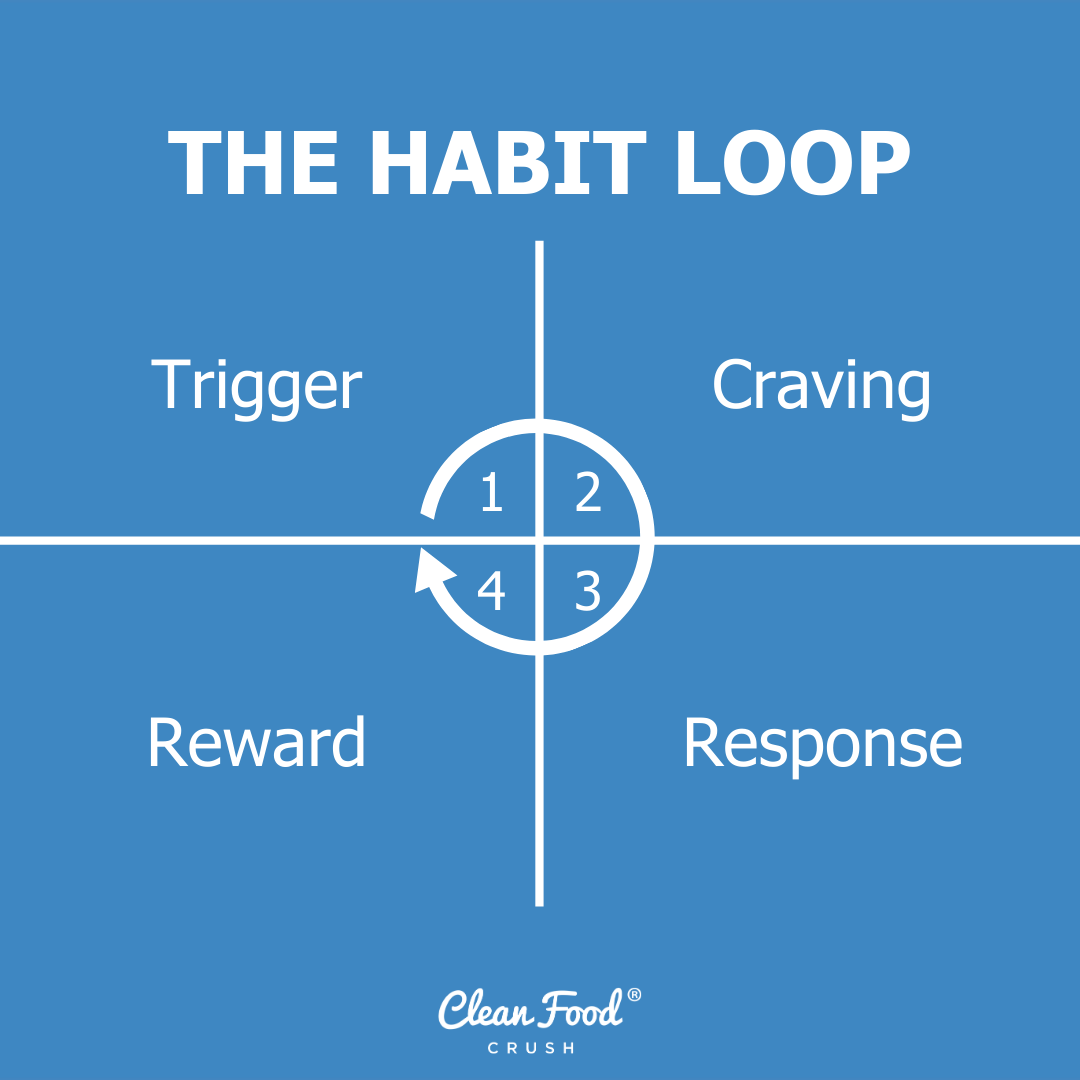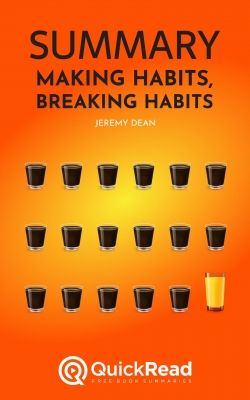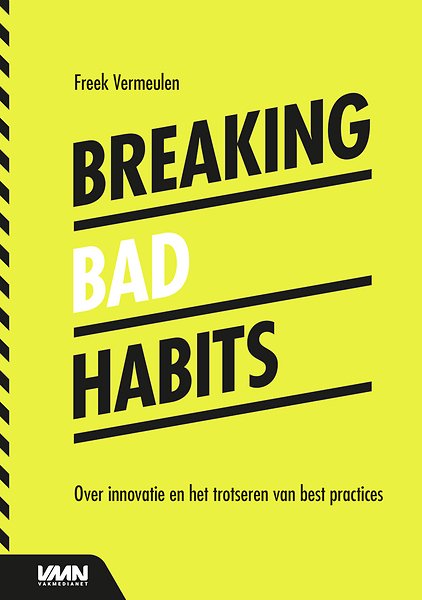
NPR's Allison Aubrey reports.ĪLLISON AUBREY, BYLINE: As part of the Stanford Center on Longevity, there's a team of researchers and health care providers who focus on lifestyle medicine. Two new studies show that people who adopt healthy habits can significantly reduce the risk of depressive episodes. But new research points to effective ways to prevent it. When the future bad-habit-free you looks back on the progress you’ve made, it will all be worth it.There are lots of medicines to treat depression, and many people benefit from them.

But if you’re willing to put in the work, perhaps you can defy those bad habit failure statistics. It takes time, dedication, and willpower. It's not cheating."īreaking a bad habit isn’t child’s play by any means. The more you manage your environment, the more likely you are to succeed. Art Markman, author of Smart Change: Five Tools to Create Sustainable Habits in Yourself and Others, told the Huffington Post, "It seems simple, but it's incredibly important. It’s straightforward - our environments affect our cravings, but we have control of the environments we establish for ourselves or those we choose to put ourselves in. If you’re trying to quit smoking cigarettes, walk away when a friend lights one up. If you’re a stress-eater, keep junk food out of your cabinets. Putting yourself in an environment that distances you from your bad habit is critical. Plus, you may even replace a bad habit with a healthy one. Finding a replacement habit is far more effective than simply trying to nix a bad habit altogether. If you’re a chronic knuckle-cracker, twiddle your thumbs, or clasp your hands until the urge goes away. If you regularly over-eat, stock up on smaller plates. Replace your behavior with something else.Ĭarry a pack of gum with you so that every time you think about biting your nails, you can pop a piece in your mouth. If you try to wipe the problem out in the blink of an eye, you’ll simply tire yourself out with unrealistic expectations and lose the willpower to keep up with your new goal. Long-term goals take time, and you have to start off slow with reasonable goals. If you’ve been a smoker or a nail biter for years, don’t expect to kick the habit in a month. Focusing on avoiding a bad habit will simply keep the thought of it in your head. Instead, set small goals for yourself and focus on what you will do. Plus, it may even help you cut down on the habit by wanting to avoid racking up your daily quota. But it’s a necessary first step to fully understand the behavior. You may be shocked to find that your habit is even worse than you previously thought.

Either in a little notebook or in the notes of your phone, write down every time you indulge in the habit. It may sound tedious, but keep track of how much you’re actually biting your nails, smoking, or whatever your habit may be. SEE ALSO: Neuroscience Tips to Remain Calm Under Pressure 1.
#Breaking habits statistics how to
But despite the persistence of these habits, it’s possible to get rid of them once and for all - and these neuroscience tips lay out just how to tackle them. In reality, it requires eliminating automatic thoughts that our brain has been wired to carry out. It’s no secret that breaking a bad habit is tough. In fact, research published in the Journal of Clinical Psychology reveals that approximately 54 percent of people who pledge to break a bad habit fail to stick with the transformation beyond six months, and the average person make the same resolution 10 times with no success. The cycle is relentless we make a vow to ourselves that we’re going to stop - for real this time - then we put forth valiant effort for a couple weeks before giving in to the bad habit’s relentless grip.

All of us have that one impossibly stubborn habit that we just can’t seem to kick - nail biting, stress-eating, smoking, the list goes on.


 0 kommentar(er)
0 kommentar(er)
